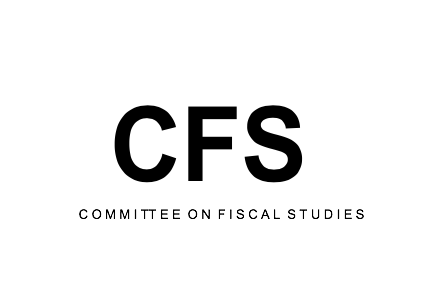Achieving Social and Economic Sustainability using Islamic Social Finance: A Kenyan Case Study
Abstract
Poverty continues to remain a social and economic challenge in Kenya. This paper examines whether Kenya can progress towards social and economic sustainability by recourse to Islamic social finance instruments, such as zakah (Islamic wealth tax) and waqf (charitable endowment), to alleviate poverty. The objective is to seek alternative sources of revenue for the government, which can be mobilized locally without relying on foreign debt to channel these resources towards supporting access to finance for people living in poverty. Structured questions were disseminated through an online survey to gather data on the practicability of proposing Islamic social finance to achieve social and economic sustainability in Kenya. Key among the findings is the estimation of zakat paid by Muslims in Kenya, which is approximately USD234.1 million dollars (0.2% of the GDP). A substantial amount can be utilized towards mitigating government budget deficits. However, before Islamic social finance can be properly leveraged as an alternative source of revenue for the government, there is a need first to raise awareness among Muslims and policymakers about the enormous potential of these instruments for social development within Kenya.



